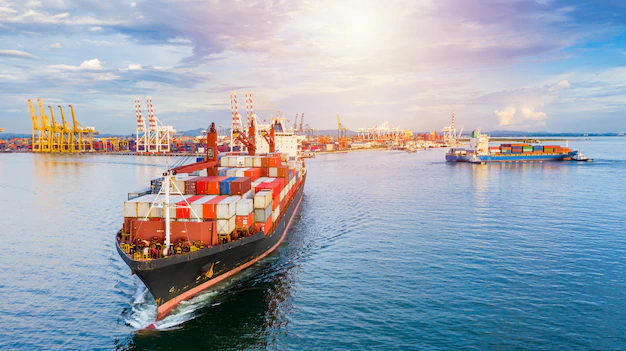International Trade Companies in Asia

International Trade Companies in Asia
What is a trading company?
A trading firm can be considered an exporter of various goods produced by different units to meet the customers' requirements.
It is a company that brings sellers and buyers to the same area. Trading companies in China can also refer to intermediaries between suppliers and producers. Since they acquire goods from multiple factories, they charge prices for goods over factory rates for selling products under their names.
Trading companies are experts in import and export processing and are well-versed in the laws and regulations that govern the business.
Their dealings include communicating with multiple manufacturing units and negotiating with suppliers and manufacturers to maximize their sales.
Generally, trading firms hire sales representatives in the national and international markets to increase the sale of products and attract more orders.
Marubeni Corporation: Trading Company in Japan, Asia
- Marubeni Corporation and its subsidiaries use its extensive business networks, both inside and outside Japan, to conduct import and export (including trade in a third country), as well as domestic business, spanning a variety of business activities across wide-ranging areas, including lifestyle, ICT Business, and Logistics, Food, Agribusiness, Forest Products, Chemicals, Metals, and Mineral Resources, Energy, Energy, Infrastructure Projects, Aviation and Ships, Finance, Leasing, and Real Estate, Construction, Industrial Machinery, and Mobility, Next Generation Business Development and Institutional Development for Generation Next. In addition, Marubeni Group provides various services, makes internal and external investments, and is engaged in resource development in all of the above industries.
Trafigura: Trading Company in Singapore, Asia
- Trafigura Pte Ltd, Singapore, was incorporated in March 1996. Their office is strategically located in the financial hub of Singapore Raffles Place. As our headquarters in the Asia Pacific region, the Singapore office plays a pivotal role in supporting regional business in the Asia Pacific region and has become one of the group's main offices.
The Singapore office, which includes our industrial investment, Puma Energy, occupies two floors with 27 meeting rooms, and we have our extensive inventory, shower facilities, and lockers. The office space is modern, open, and comfortable to work in and meet and receive partners and collaborators.
- As one of the world's leading independent physical commodity trading houses, we buy and sell commodities globally. They trade petroleum, petroleum products, non-ferrous concentrates, refined metals, and bulk commodities such as coal and iron ore. They support their clients by providing services beyond our core business of sourcing goods, including transportation and warehousing, trade finance, and risk management.
Olam International: Trading Company in Singapore, Asia
- In 2005, the company was listed on the main board of the Singapore Stock Exchange and was one of the top 30 companies by market capitalization.
- Most of our global business and corporate functions operate from our headquarters in Singapore, where we employ over 500 people of multiple nationalities. As a result, we have our rich and unique culture and integration into the local community.
- The purpose-built office is tailored to the needs of our business, encouraging collaboration and learning - two essential elements of our culture.
Asian forex traders
- Asian forex traders are among the most active participants in the forex industry. Hence, the extensive list of forex brokers in Asia includes the best options for beginners and advanced traders. In addition, many regional high-level market regulators allow traders to trade with reliable forex brokers in Asia.
- The most well-known regulators in the Asian region are the Securities Commission of Malaysia (SCM), the Monetary Authority of Singapore (MAS), the Securities and Exchange Board of India (SEBI), the Dubai Financial Services Authority (DFSA), and the Financial Services Agency of Japan. All these regulatory authorities suggest some guidelines and market standards that all regulated forex brokers in Asia must follow.